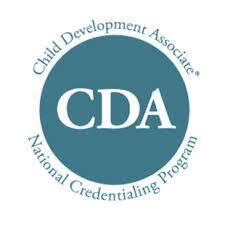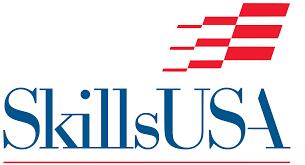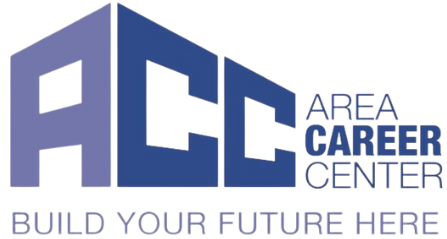Early Childhood Education
Early Childhood Education Overview
This pathway prepares students for various roles in the early learning setting. Students explore child growth and development, developmentally appropriate practices, health and safety, curriculum planning, and family/community engagement. Emphasis is placed on fostering positive learning environments, understanding cultural influences, and utilizing developmentally appropriate strategies to support children’s physical, emotional, social, and cognitive development.
- Principles of Early Childhood Education
- Early Childhood Education Curriculum
- Early Childhood Education Guidance
- Early childhood Education Capstone
Next Level Programs of Study Course #7160
This course provides students with an overview of skills and strategies necessary to successfully complete a certificate. Additionally, it provides an overview of the history, theory, and foundations of early childhood education as well as exposure to types of programs, curricula and services available to young children. This course also examines basic principles of child development, Developmentally Appropriate Practices (DAP), importance of family, licensing, and elements of quality care of young children with an emphasis on the learning environment related to health, safety, and nutrition. Students may be required to complete observations and field experiences with children as part of this course.
Next Level Programs of Study Course #7158
Early Childhood Education Curriculum examines developmentally appropriate environments and activities in various childcare settings while exploring the varying developmental levels and cultural backgrounds of children. Students may be required to complete observations and field experiences with children as related to this course.
Next Level Programs of Study Course #7159
This course allows students to analyze developmentally appropriate guidance, theory and implementation for various early care and education settings. It also provides a basic understanding of the anti-bias/multicultural emphasis in the field of early childhood. Students may be required to complete observations and field experiences with children as part of this course.
Next Level Programs of Study Course #7259
This course will prepare students to complete the application, CDA exam, and verification process for the Child Development Associate (CDA) credential. Students may also study the physical, social, emotional, cognitive, and moral development of children from conception to age twelve. Theories of child development, biological and environmental foundations, prenatal development, the birth process, and the newborn baby will be discussed. Additionally, students will explore the aspects of early literacy skill development in young children from birth through third grade. Students will explore techniques, technological tools and other learning opportunities that encourage positive attitudes in children regarding listening, speaking, reading and writing activities. In the course, students will research, examine and explore the use of observation in screening and assessment to promote healthy literacy development in early childhood education. Finally, students will be provided an introduction to caring for each exceptional child. This includes theories and practices for producing optimal developmental growth. Students may be required to complete observations and field experiences with children as part of this course.
This course may be offered to Juniors who complete curriculum in an exemplary fashion. It is NOT guaranteed.



Early Childhood Education students are eligible for the following free dual credits with Ivy Tech:
|
Course |
Course Title |
Credits |
| EDUC101 | Introduction to Teaching | 3 |
| EDUC121 | Child & Adolescent Development | 3 |

Work-Based Learning Requirement
First year students begin interning second semester. A bus will transport students to and from the ACC and the Internship site, two to three days a week. Students must provide medical information to be eligible: physical exam, immunizations, TB, & drug test.
Second year students begin interning at the start of the school year. They will report to their internship site Monday - Thursday reporting to the ACC on Friday. Internship sites should be located near the student's home/school and based on available transportation.
The Child Development Associate Credential requires that students complete 480 hours.
Before beginning any internship, students meet with Ms. Ford, College and Career Pathway Coordinator, to complete the required onboarding process. This includes:
- Internship Agreement
- Parent/Guardian Consent Form
- Training Plan
All required documentation is managed digitally through JobReady360, an online platform and mobile app that allows students, parents, and employers to easily track and submit progress and paperwork.
Work-Based Learning is a critical component of the student's career preparation, helping them build professional skills and gain real-world experience in their chosen field.

It is the policy of the Area Career Center (ACC) not to discriminate on the basis of race, color, national origin, sex, or disability in its career and technical education programs, services, and activities, including employment policies and practices. The ACC will take steps to assure that the lack of English language skills will not be a barrier to admission and participation in the ACC's career and technical education programs. For information regarding nondiscrimination policies, please contact: LaTerra Smith, TitleIX/Section 504 Coordinator, lrsmith@hammond.k12.in.us
This site provides information using PDF, visit this link to download the Adobe Acrobat Reader DC software.
